Work, a Wedding, and a Birth
June 27th, 2009 |Sunday, June 28th, will mark my 4th month in Senegal. Much has happened in these past two weeks, and like most things I have experienced so far in this country, the events have been bittersweet. I’ll start with the lightest subject: work.
Now that the rainy season has begun, it is time to start preparing for Malaria, which hits people hardest August through October. This past week, I helped out with the National Bednet Distribution, sponsored by USAID, which provides mosquito nets to every child who is between 6 months and 5 years old. In Thilogne, this was successful, and everyone who was eligible for a net received one. To do my part in trying to prevent Malaria, I did Neem lotion demonstrations once a week this month, and I will continue to do them when I return from IST in August. The goal is that people will actually make the lotion for themselves and for their family after learning how to make it.
Last weekend, I attended my first Senegalese wedding. The bride was the 17-year-old sister of a girl I know from Thilogne. The wedding was different from American weddings in that the groom and men barely played any part in the ceremony, and it was almost exclusively about the bride and women. When we arrived in the village, we made our way to the bride who was getting her make-up done in a room with all her friends watching. After her hair and face were done, she had her picture taken in a bedroom alone, then with all her girl friends.
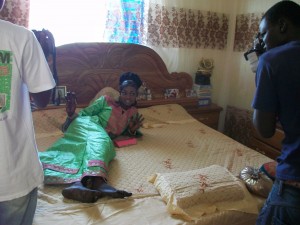
All the women then processed to the groom, and the bride and groom sat on a mat with all the guests encircling them. The marabout wed them and the bride went off somewhere while the guests ate rice and goat meat. Then, after a couple hours, all the young girls went to bathe and change outfits and redo their make-up. We then watched the bride get her hair and make-up done for the second time, and we took more pictures as the sun set. I left at 8 PM, right before the all-night dance party.
Just yesterday, Marisa’s host sister gave birth to twins. There are tough women everywhere, but I think African women take home the prize for the toughest. This woman, Penda, is 25 years old, and was giving birth for the third time. Marisa and the midwife helped her deliver the first baby in the village. When the second baby would not come out, Penda walked to a horse charette with a clamp still on the umbilical cord and rode 45 minutes on the bumpy charette to the nearest health post. Once there, she was told that she would need to go to the hospital in Ourossogui to get help. She rode in an ambulance for 30 minutes to get to the hospital, where she gave birth to the second child. There were not enough incubators for both premature babies, so the second one died. Marisa and I went to visit her in the hospital and the first thing she said was “please, sit down. How are you?” Her husband is in Dakar and said he will return in two months for Ramadan.
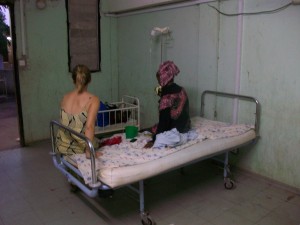
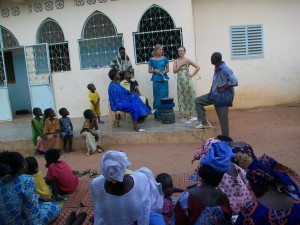
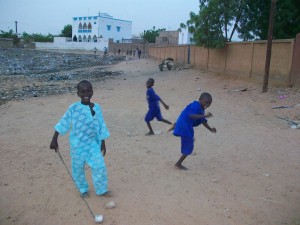
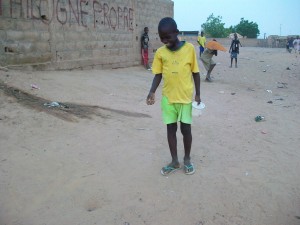
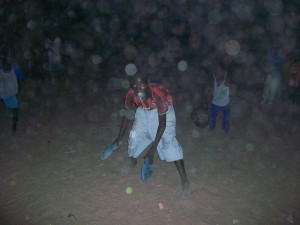
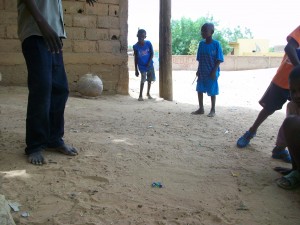
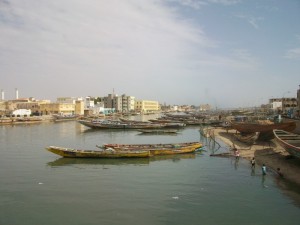
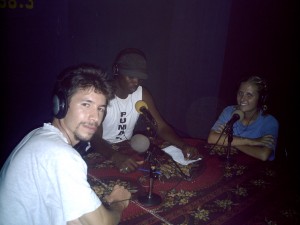
Recent Comments
Welcome home. It was cool following your blog! And everyon...
I can't wait to see you and meet Mon Amie!!! CALL ME SOON...
I like the paintings... I dislike the "antics"... I can't wa...
Hi Erin, sorry to hear about Demba's antics. About them mice...
I forgot to add ~ I hope you find a nice room with icy cold ...